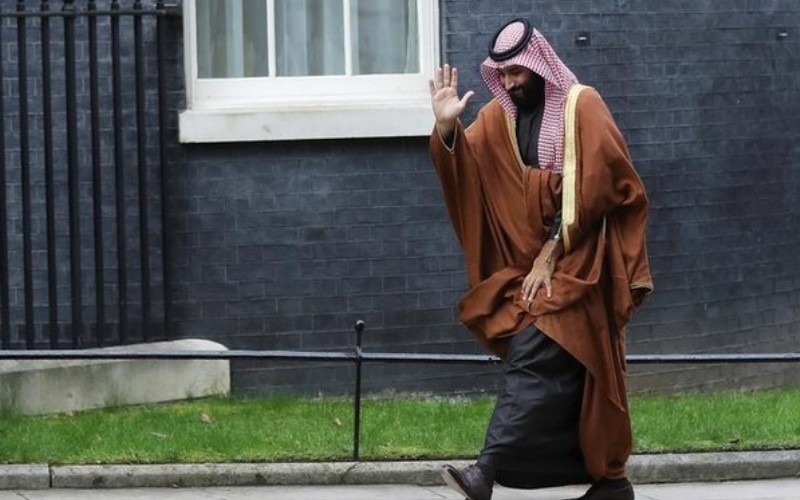Saudi Arabia has undergone sweeping changes since King Salman came to power three years ago, announcing major economic reforms, cracking down on the elite and allowing women more rights. After an overhaul of the military and government leadership decreed late Monday, including announcing the rare appointment of a woman, here is a summary.
In March 2018 the Crown Prince embarked on his first foreign tour as heir, visiting Egypt and Britain where he lunches with Queen Elizabeth II. He then spent two weeks in the United States, meeting Trump and other political and industry leaders. He also went to France and Spain.
In June this year, the monarch ends the world’s only ban on female drivers by announcing that they will be able to drive. The decision was the part of a vast modernisation plan for the country inspired by the prince as he looks to bolster foreign investment.
The Crown Prince in October said his country would be “totally different” within five years, vowing to pursue sweeping reforms to diversify its economy away from oil.
In November, dozens of princes, businessmen and senior officials were detained in what the authorities said was an anti-corruption crackdown. Suspects, including billionaire Prince Al-Waleed bin Talal, were held at Riyadh’s luxury Ritz-Carlton hotel for three months and freed only after reaching substantial financial settlements with the authorities.
Authorities announced in December 2017 that cinemas will reopen after a ban of 35 years and in February the first-ever jazz festival is held in Saudi Arabia.
Earlier this month the Saudi Arabian cabinet has passed the 2018 state budget with a historic expenditure of $260.8 billion and expected a reduction in the deficit to below 8 per cent of the GDP.
The expenditure would increase by 5.6 per cent compared to the current year, while the revenues would be $208.8 billion with an increase by 12.5 per cent from 2017, including $77.9 billion non-oil revenues.
Indian clerics on reforms in Saudi Arabia
Talking about the system of government in Saudi Arabia, Mr Salim, the Indian cleric told that Islam does not support family rule or dictatorship. Although the Prince took steps against corrupt officials, he also consolidated powers in his hands.
Former Union Cabinet Minister, Mr Arif Mohammad Khan said that in Islam there is no place for getting things done forcefully. He also said that the steps being taken in Saudi Arabia are not at all reforms. Criticizing Saudis, Mr Arif said that they were not telling real Islam. “Islam should be practised and it does not require any reform”, he added.
With inputs from ANI/AFP

